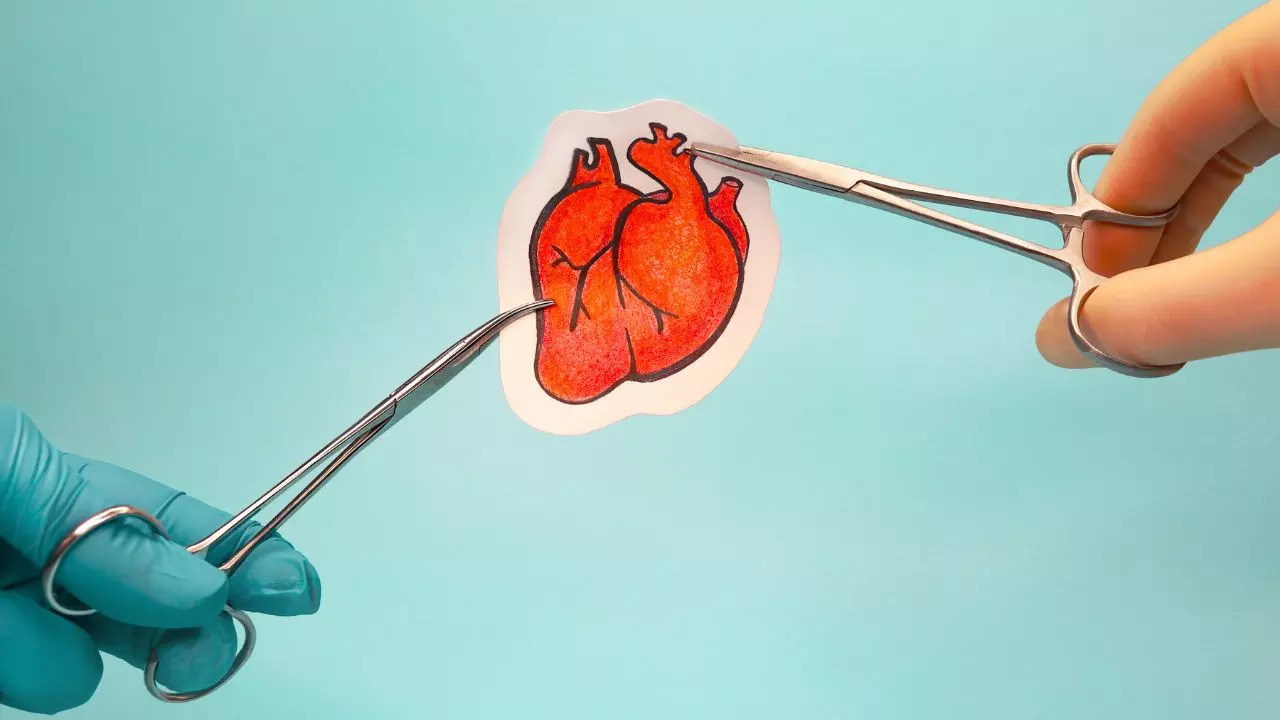Researchers find a way to reduce the risk of blood clots after heart surgery
A new study led by a team of researchers at the University of Waterloo has shown that a heart valve implant with a textured surface is less likely to cause blood clots (or thrombosis). Some patients with heart valve implants experience serious blood clots, and researchers set out to reduce the risk. Researchers from the University of Groningen in the Netherlands also participated in the study.
When blood clots form, they can block blood flow in veins or arteries, leading to serious health problems. In veins, clots can cause deep vein thrombosis (DVT), usually in the legs, which causes pain, swelling, and redness. If a clot breaks loose, it can travel to the lungs and cause a life-threatening pulmonary embolism (PE), which can lead to shortness of breath, chest pain, and even sudden death. In arteries, clots can block blood flow to vital organs such as the heart or brain, leading to a heart attack or stroke.
People with heart valve implants undergo lifelong therapy to prevent thrombosis. The results of the new research are expected to improve health outcomes for many patients. Certain conditions, such as cancer, pregnancy, being over 55, smoking, obesity and immobility, increase the risk of blood clots after the procedure.
Dr. Sushanta Mitra, Professor in Waterloo’s Department of Mechanical and Mechatronic Engineering and Executive Director of the Waterloo Nanotechnology Institute, said: “Prosthetic heart valve implantation is a life-saving procedure, but due to some medical conditions in patients receiving the valves, they experience blood clots, which can be very dangerous.
“We used a method to understand how blood interacts with valves and tested which types of valves are most likely to last longer without blood clots.”
The study was led by Dr. Mitra and Dr. Sudip Shyam, a postdoctoral researcher in the Micro and Nanoscale Transport Laboratory. They developed an innovative technique that closely resembles conditions inside the body to determine the wettability – the ability of a liquid to maintain contact with a solid surface – of solid objects submerged under the liquid.
When the medical team at the University of Groningen in the Netherlands developed their textured heart valve, they asked engineers at Waterloo to test the reliability of their implant, with positive results.
Mitra said: “Thanks to this research, patients will not need to replace valves as frequently. They will have a better quality of life after surgery and the time needed between procedures will be prolonged.”
(With contributions from ANI)
Disclaimer:
The information contained in this post is for general information purposes only. We make no representations or warranties of any kind, express or implied, about the completeness, accuracy, reliability, suitability or availability with respect to the website or the information, products, services, or related graphics contained on the post for any purpose.
We respect the intellectual property rights of content creators. If you are the owner of any material featured on our website and have concerns about its use, please contact us. We are committed to addressing any copyright issues promptly and will remove any material within 2 days of receiving a request from the rightful owner.

